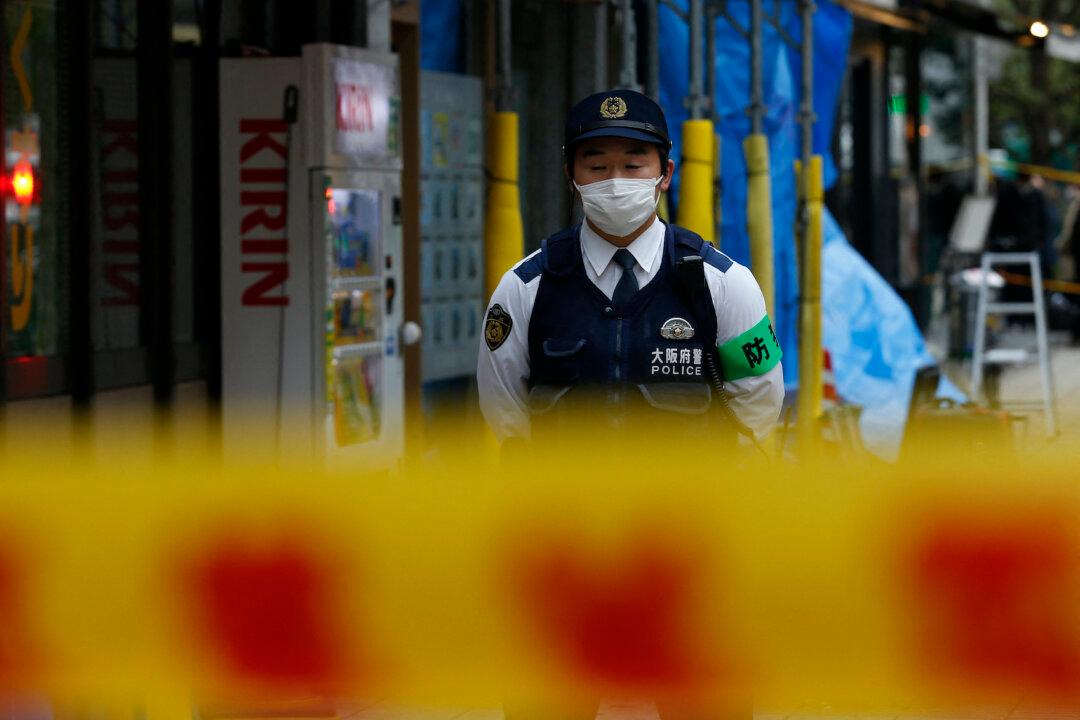The news that China’s popular Tibetan singer Tsewang Norbu died from self-immolation in front of the Potala Palace in Lhasa, Tibet in protest of Beijing’s tyranny has been strictly blocked by the Chinese regime. Many local Tibetans still don’t know about his death, while others told The Epoch Times that they dared not comment on this matter.
On March 20, the Chinese-language Epoch Times tried to reach locals in Tsewang Norbu’s hometown, Nagqu, Tibet. A hotel employee in Nagqu replied, “I haven’t heard about Tsewang Norbu’s death. He is so famous and so young. How could he have died? Our local news did not report it, and no one knows about it.”




